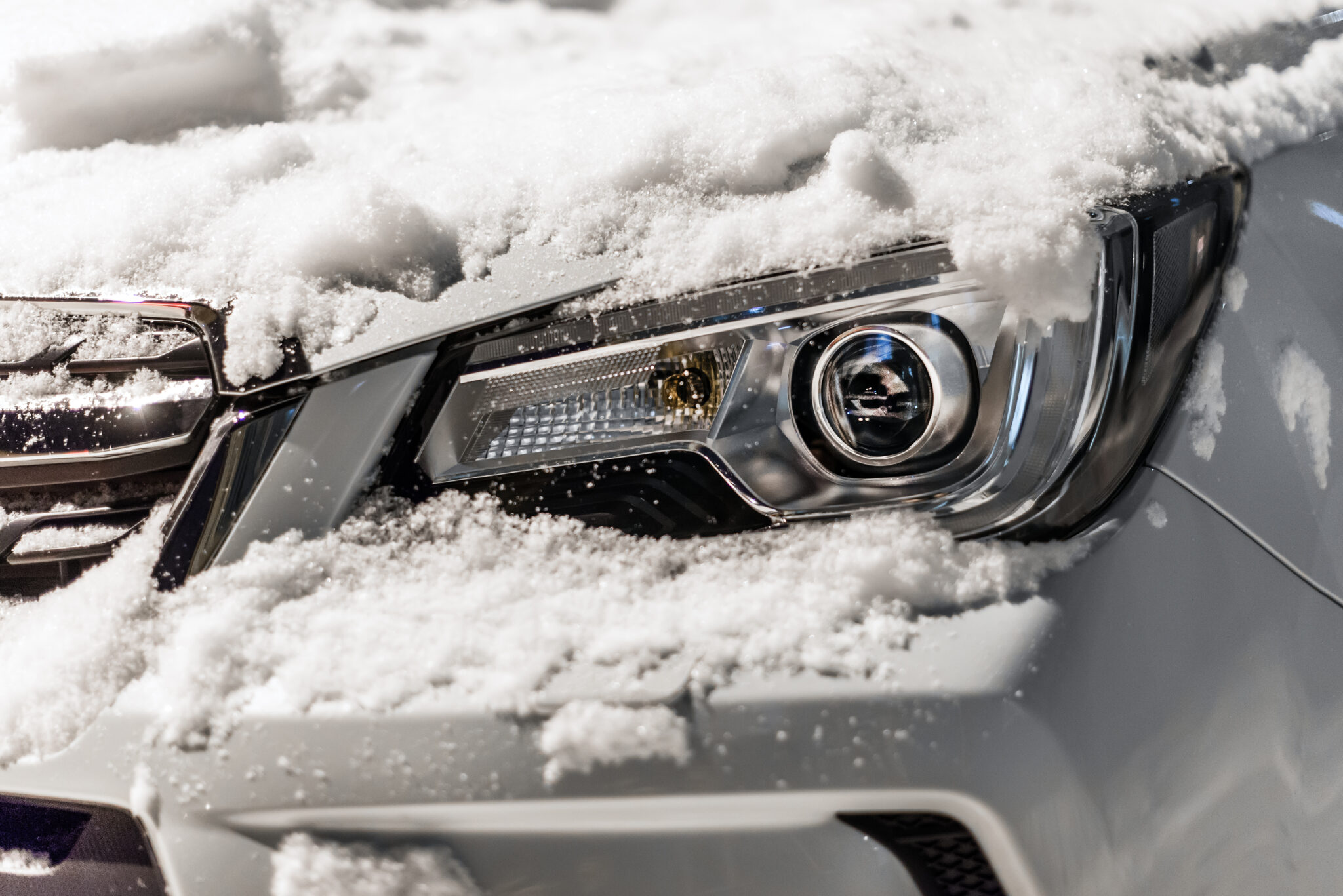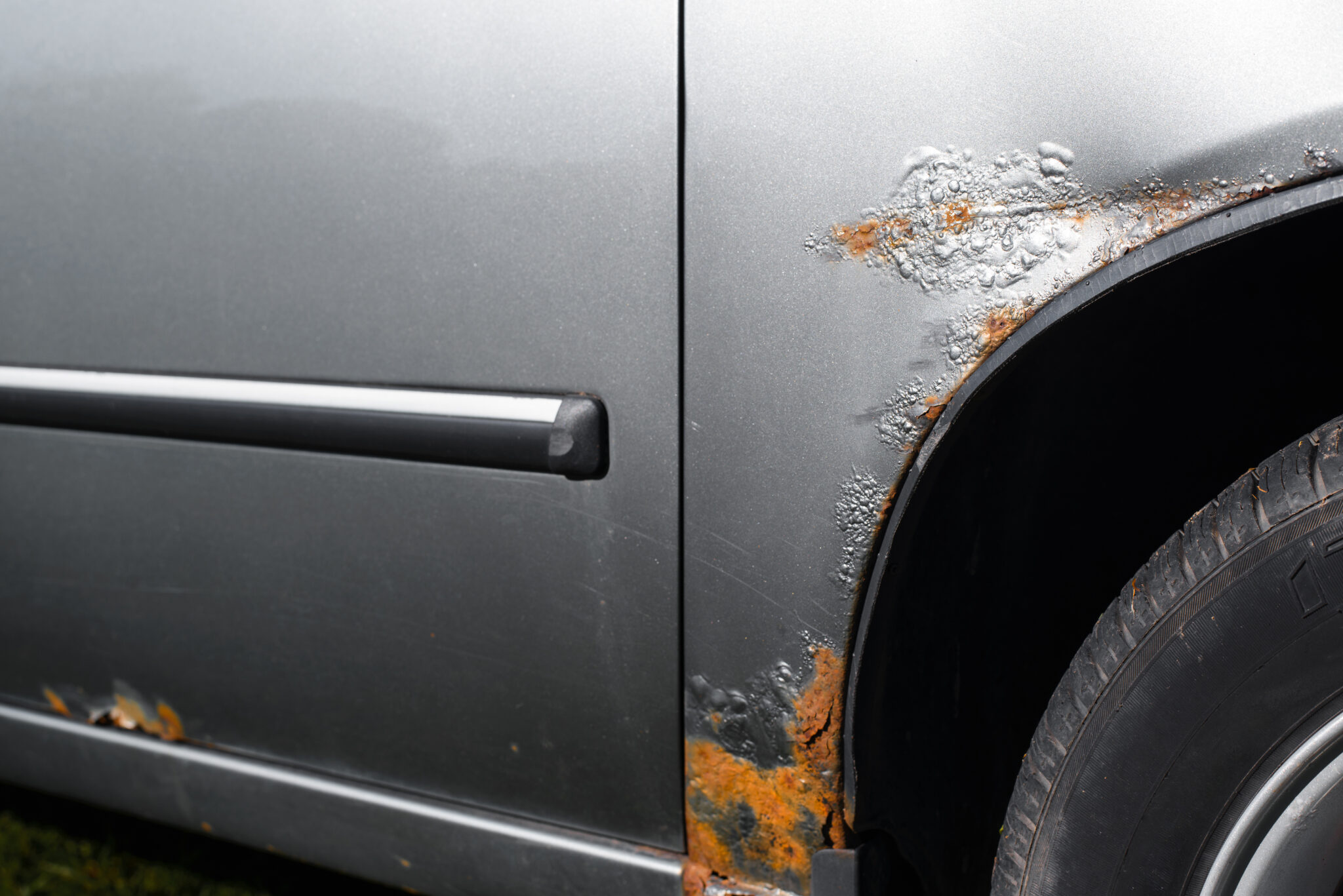
Cold Weather and How It Affects Your Vehicle
As the days grow shorter and colder, there is no denying winter is fast approaching. While many eagerly anticipate the joys of the holiday season and the chance to be warm next to a fire, it’s essential not to overlook the impact cold weather has on our daily lives, especially when it comes to our vehicles.
This article will explore various ways cold weather can affect your vehicle and provide tips on preparing your car for winter weather. Whether you’re a seasoned driver or a new car owner, arming yourself with this knowledge can help you navigate the winter season with confidence.
The Impact of Cold Weather on Your Vehicle
When the cold weather season begins, it’s important to know how your vehicle is affected by the adverse conditions. Here are some key aspects that make your car susceptible to the chilling effects of winter.
Battery Health
Lower temperatures have a direct impact on your car’s battery efficiency. Cold weather slows down the chemical processes within the battery, making it less effective at producing power. This reduced efficiency often results in difficulties starting the engine, which is a common cause of vehicle breakdowns during winter.
Tire Pressure
Cold air causes the air in your tires to condense, leading to reduced tire pressure. This underinflation negatively affects traction and handling, posing a safety risk, especially on icy roads. Additionally, underinflated tires are more prone to wear and tear, which can lead to increased maintenance.
Fluids and Lubrication
Cold weather causes vehicle fluids like engine oil and transmission fluid to thicken, altering their viscosity. This can impact engine performance and its starting reliability. Ensuring the proper viscosity of these fluids is essential for the best vehicle performance during winter.
Brakes and Suspension
Lower temperatures can affect the performance of brakes and the suspension system. Different materials used in these components may respond differently, potentially resulting in a delay in brake responsiveness and a bumpier ride, impacting the safety and ride quality.
Rust and Corrosion
Cold weather and road salt will accelerate rust and corrosion on your vehicle’s undercarriage. This can weaken the vehicle’s structural integrity and affect crucial components such as the exhaust systems, fuel lines, and brake lines, necessitating rust and corrosion prevention measures.
Prepare Your Car for the Winter Season
Now that we have a better understanding of how cold weather can affect your vehicle let’s look at some of the proactive steps you can take to prepare your car for winter. These measures are aimed to ensure your vehicle’s safety and reliability, even in harsh winter conditions.
Check Your Battery
Begin your preparedness by testing your car’s battery to verify its condition. Because the battery’s efficiency decreases in colder weather, you should ensure it is in good shape for winter.
You may also want to consider the installation of a battery warmer. A battery warmer is a device that helps maintain the battery at an optimal temperature to help with its performance and longevity throughout winter.
Tire Maintenance for Improved Traction
Regularly inspect your tire pressure to ensure it is at the recommended level. Proper tire inflation is crucial for maintaining optimal traction, particularly on icy roads.
As an added precaution, consider investing in winter tires specifically designed for cold weather conditions. These tires offer superior grip, ensuring your vehicle is stable and safe in slippery conditions.
Brake and Suspension System Inspection
To ensure your vehicle is safe and ready to perform during winter, you should have your brakes and suspension system inspected by a qualified technician. This thorough examination can identify any issues ahead of time. By addressing concerns sooner rather than later, like replacing worn-out brake pads and shocks, you can significantly improve your vehicle’s handling and stopping capabilities, which is crucial on winter roads.
Rust Protection and Undercarriage Maintenance
With the addition of road salt, cold weather can lead to rust and corrosion on your vehicle’s undercarriage. Protecting the structural integrity of your vehicle requires these proactive steps. Applying rust-resistant coatings to your car’s undercarriage is a practical measure you can do to safeguard against the corrosive effects of road salt and moisture during the winter season.
Emergency Kit Preparedness
Equipping your car with an emergency kit can be an invaluable decision in case of unexpected breakdowns or accidents. This kit should include essentials like a flashlight, warm blankets, non-perishable snacks, and a compact toolkit. These items can be lifesavers in challenging circumstances, providing you with the necessary tools and comfort until help arrives.
Regular Maintenance With Caversham Coachworks
The harsh effects of winter can take a toll on your vehicle, from battery issues to wear and tear on crucial parts. While addressing immediate concerns is important, it’s equally as important to consider having regular maintenance done as a protective measure. Regular maintenance will help prevent winter-related damages and ensure your car’s longevity and performance.
At Caversham Coachworks, we take care of everything from insurance, crash, and car body repairs to dent and scratch repairs, among other services. As the leading independent vehicle repair centre in Berkshire and Central Oxfordshire, we promise to make sure your car stays in optimal condition, regardless of the season.
Let us help you get winter-ready. Contact us today or use our free and easy estimator tool.
